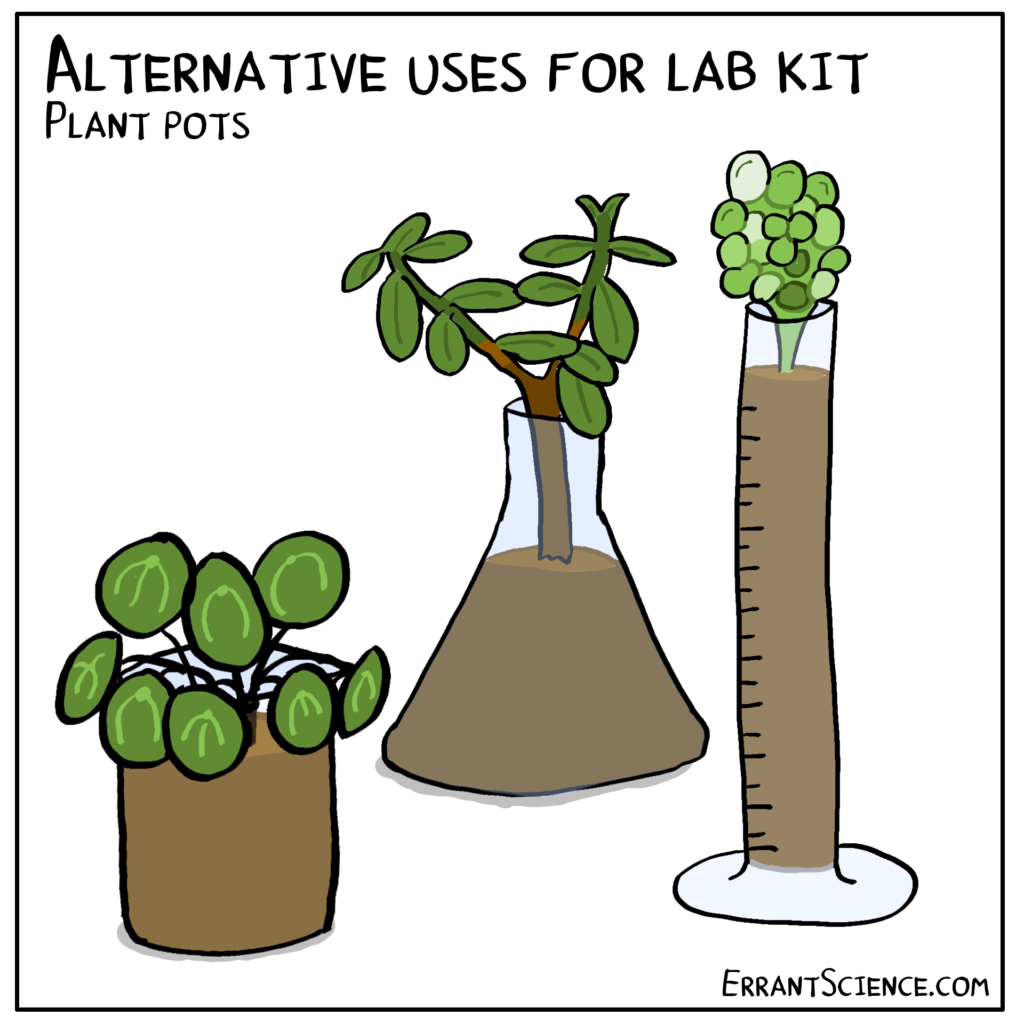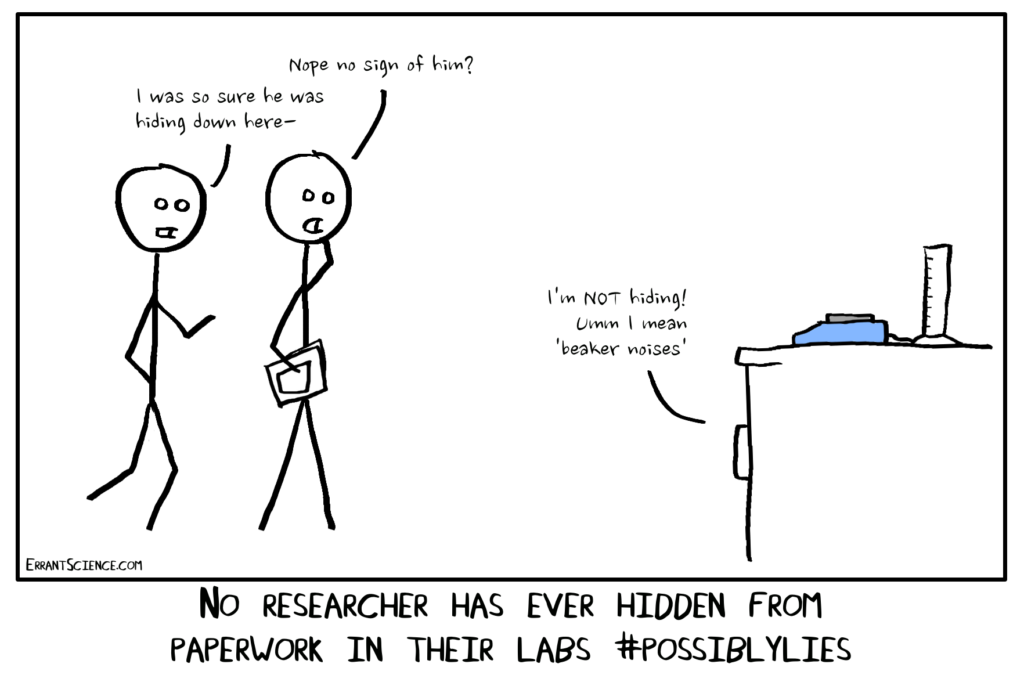
We have compiled this guidance to enable organisers of future NetworkPluses to obtain the outcomes that they desire by drawing on our combined experiences and thereby to promote the innovation that the UK requires “to address the scientific and technological challenges facing the nation.” Ultimately, this need is the rationale for forming a Network.
Networks are the frameworks of communities and participation in the Network is a stimulus for the growth of a community. Added value arises from making new connections and reframing ideas imported from one context into another. Although there are different types of Network, and a community might make use of more than one type, running a Network is about nurturing the community. The aim of this guidance is to describe what we have learned about developing vibrant and pioneering communities, deriving from our involvement in several networks.
This guidance covers all aspects from forming the Network through organising activities to effective dissemination. The information we provide recognises fully that communities aim to be interdisciplinary in the sense that the topics to be addressed cut across traditional academic disciplines. We give full details about organising the activities that are fundamental to the operation of a Network, including commissioning research the pilot project, for which a NetworkPlus receives funds to allocate to the research community.
To ensure the success of a NetworkPlus it is vital to recruit an efficient and well-qualified Network coordinator or manager; it is necessary to engage an Advisory Board to provide strategic direction; and it is important to establish the means of communication both to the community as a whole and within the core team. This guidance advocates the use of a dynamic community mailing list for achieving productive communication. Branding your Network is also very important: clear branding increases the value of the Network and gives its community direction and motivation.

The provision and management of events is a fundamental part of the Network ‘package’, so we set out the characteristics of each type of event and elucidate all facets of their organisation, ranging from promotion through finance and logistics to constructive reporting. We emphasise the importance of understanding what the particular objectives are for the event and how to obtain the desired outcomes.
Workshop events are to some extent the staple fare of a Network; ensuring that workshops are relevant to the audience is key to achieving their objectives and obtaining results that are valuable to the Network community. We set out each aspect of event management and, for workshop events, cover each type of session and explain our portfolio of workshop formats and our overarching method for successful facilitation. Although different activities from different workshops can potentially be reused, it is important to frame them within the correct context for the workshop you are organising. We offer suggestions for other options related to the workshop concept, such as conferences, training sessions, and hackathons; and also cover additional features such as sponsorship.
While the importance of effective dissemination might seem self-evident, we offer a range of advice with respect to capturing the creative outputs of each event, in particular the value of having at least one designated note taker and a dedicated report writer. We provide a recommended structure for event reports and also discuss the merits of newsletters and promotional brochures.
A primary feature of a NetworkPlus is the allocation of funds to stimulate ground-breaking research in the form of small pilot projects and feasibility studies; managing funding calls is therefore a key part of running a NetworkPlus. We offer detailed considerations and recommend structures for designing the call; the Guidance document, which sets out what you are looking for; and the Application Form.
Whilst this web resource embodies the sum of our distilled experiences, we are well aware that we do not have all the answers, so would welcome your feedback and any constructive suggestions.
